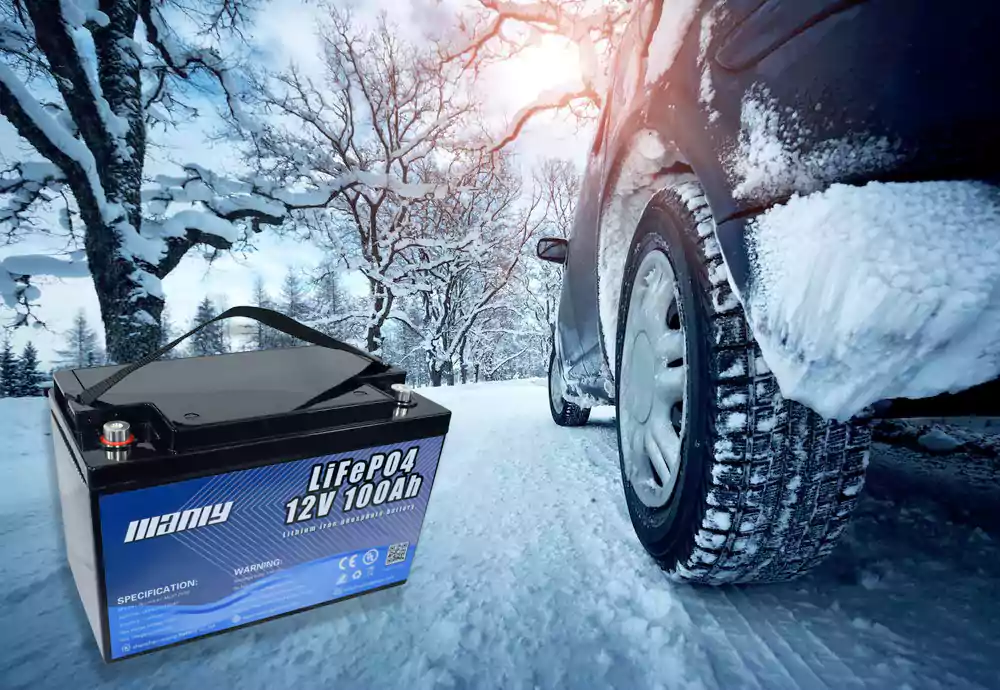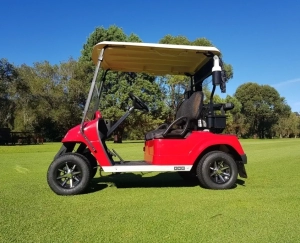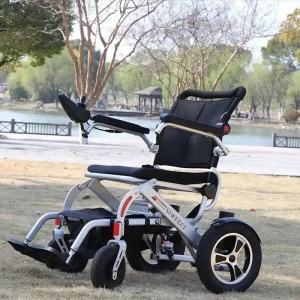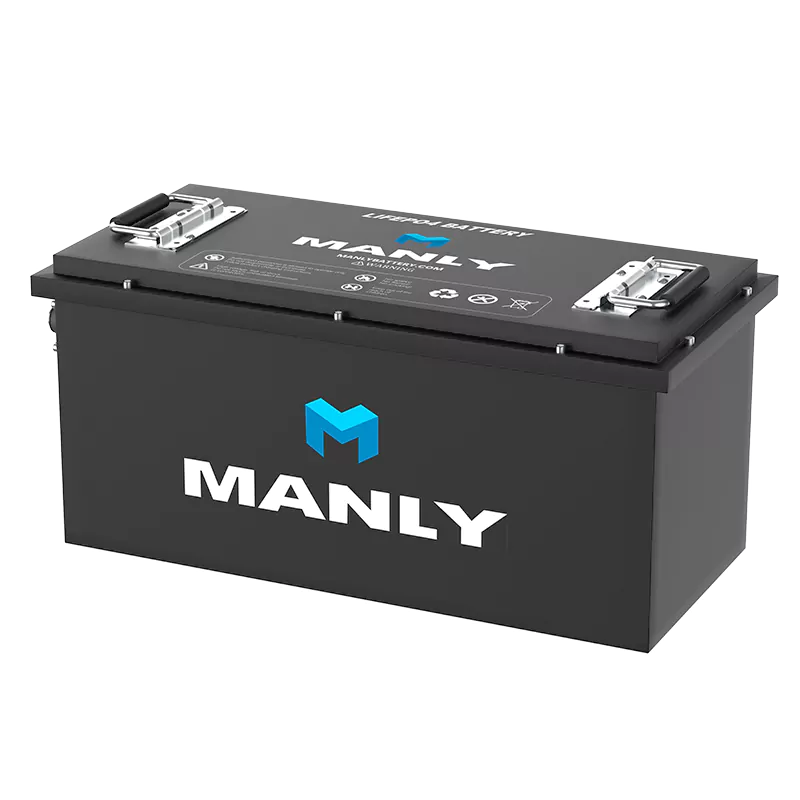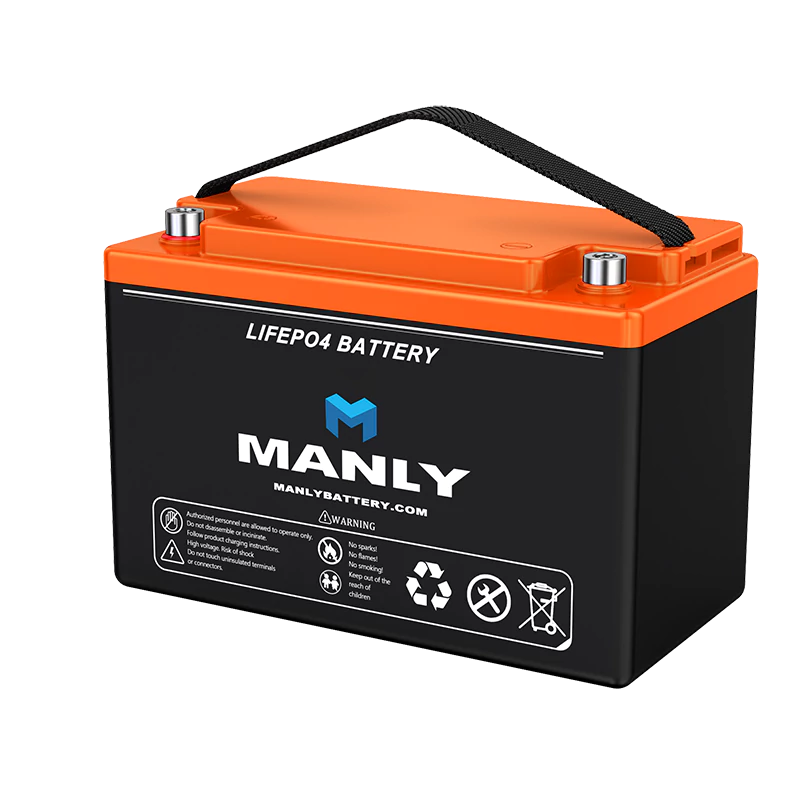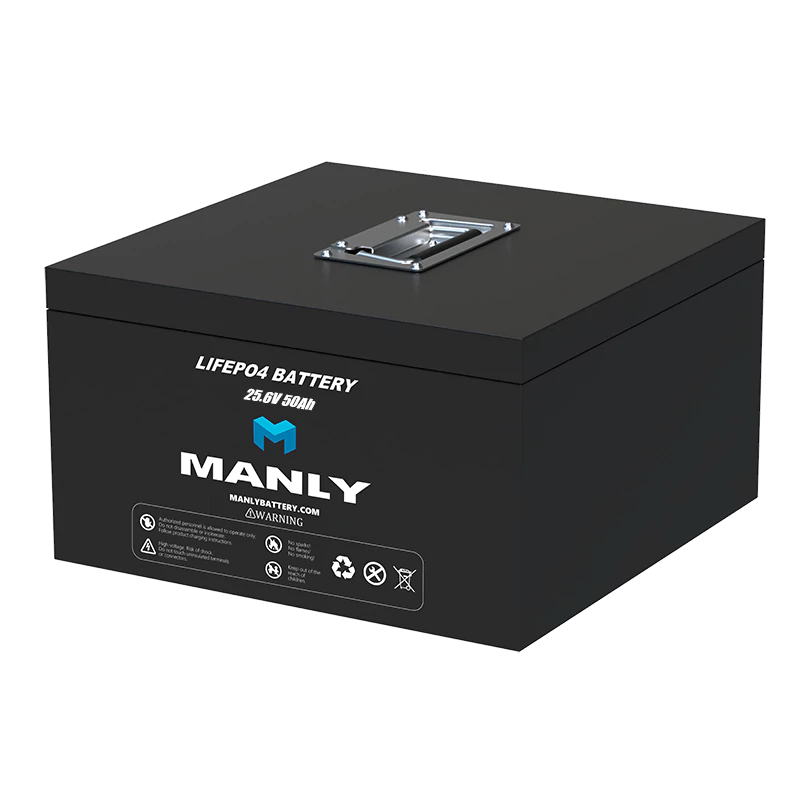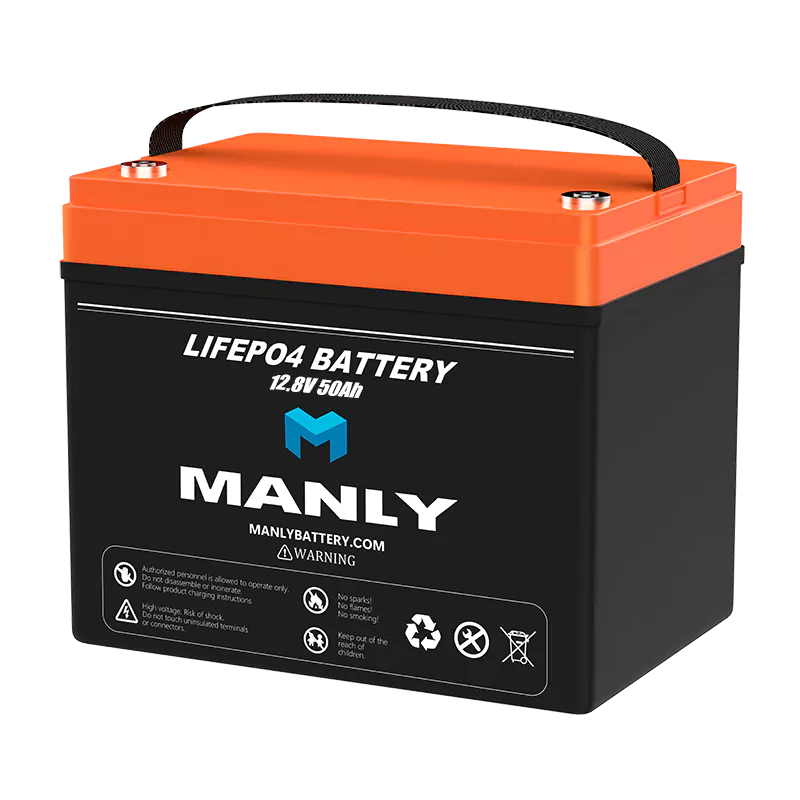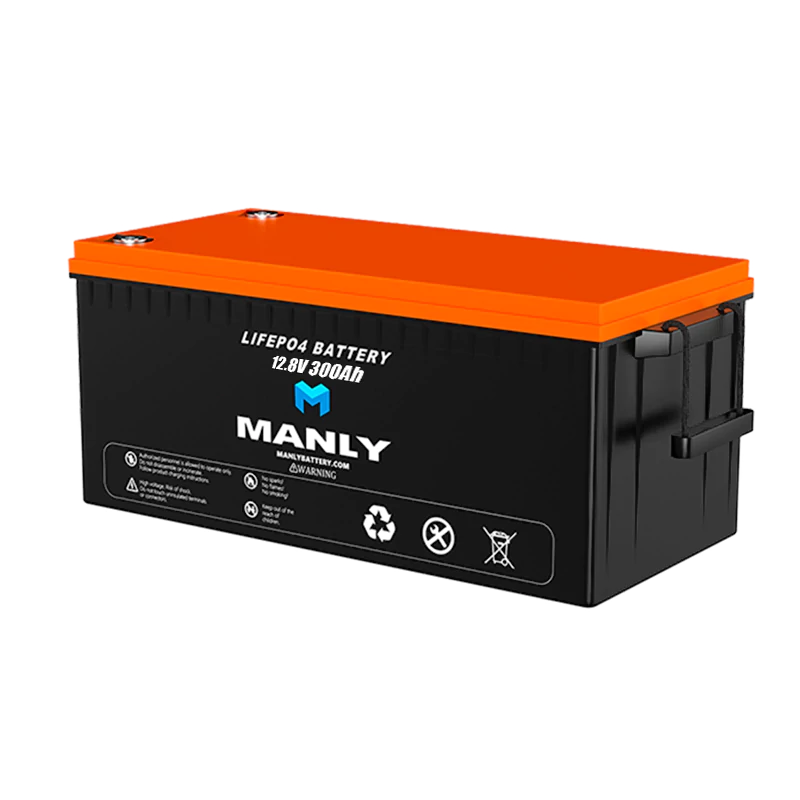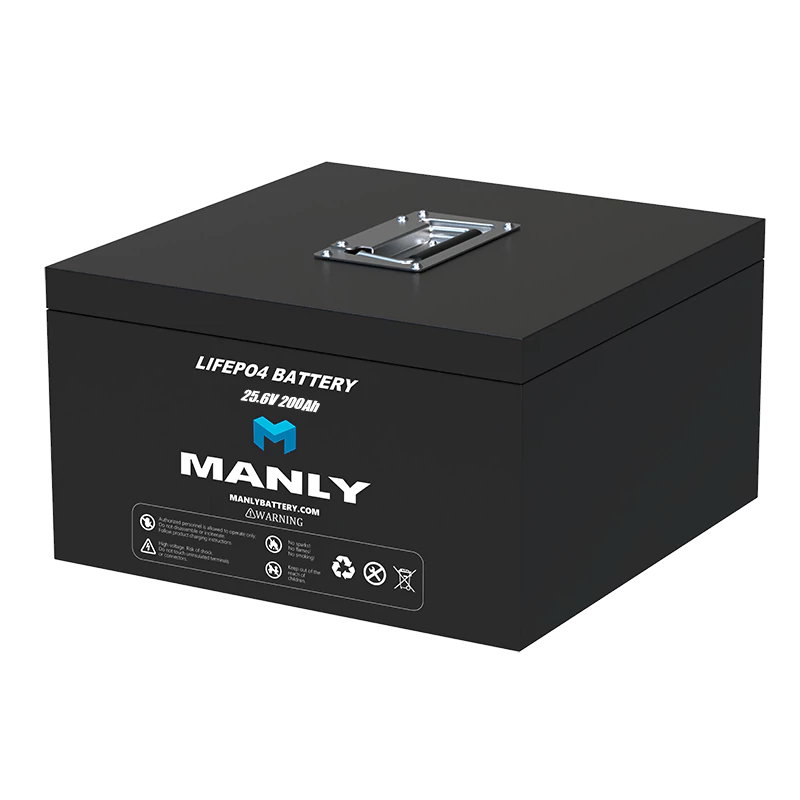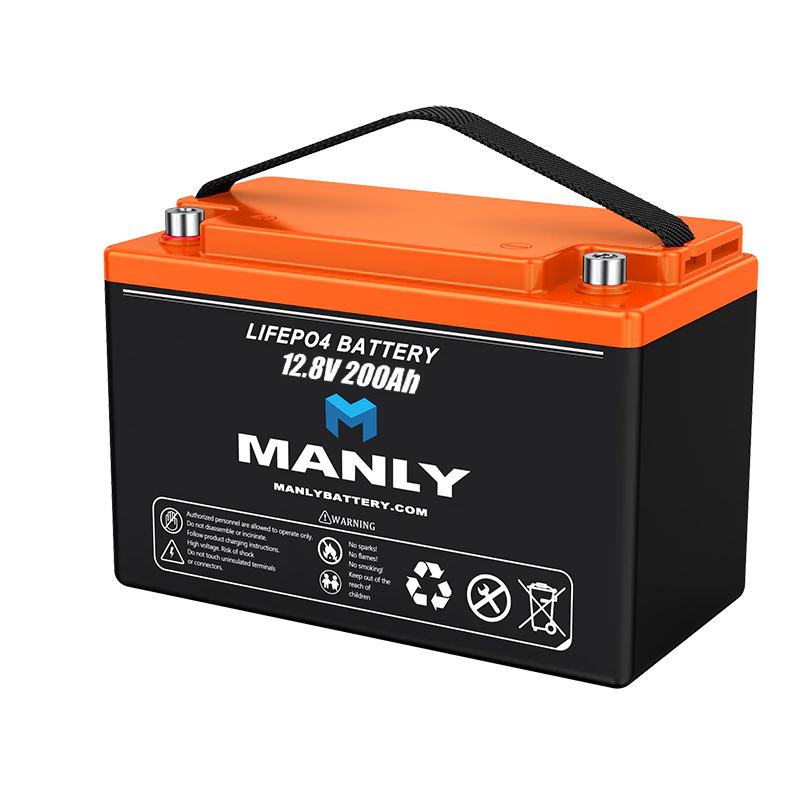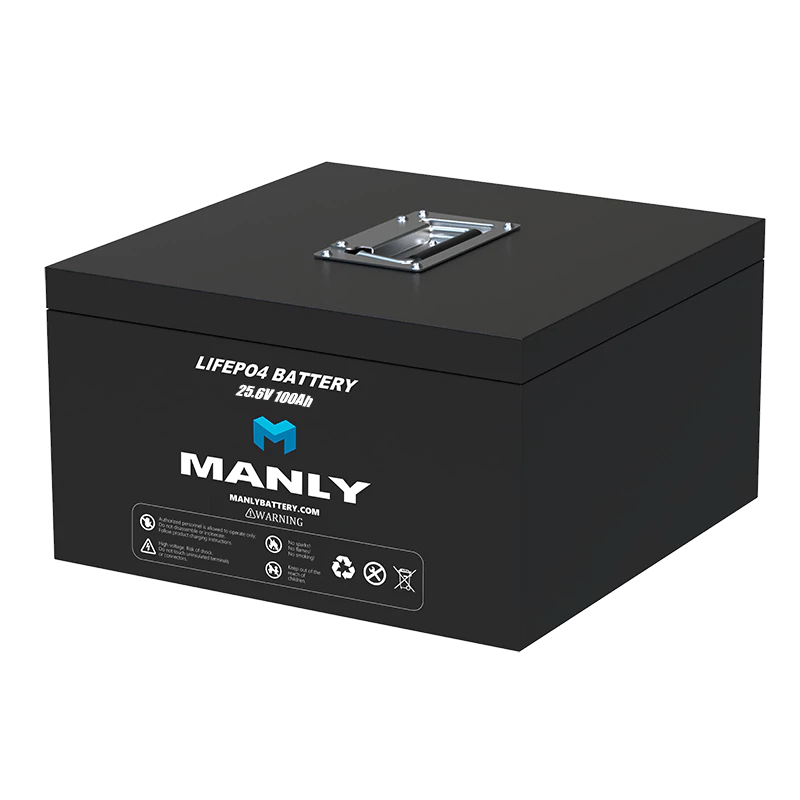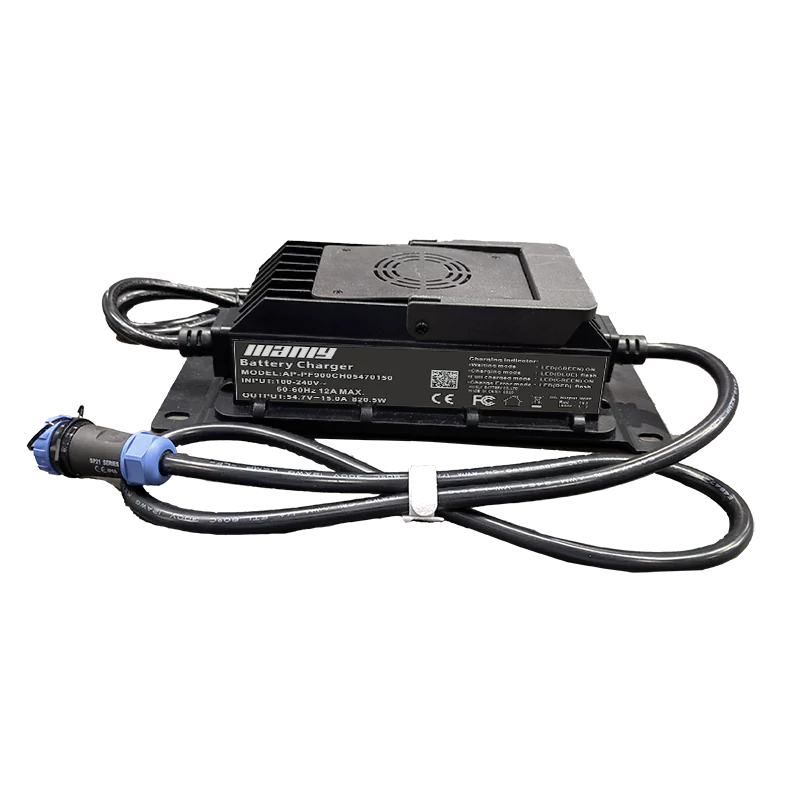Cold Weather Battery Guide: Top Picks for 2025
Table of Contents
- Cold Weather Battery Guide: Top Picks for 2025
- Can Cold Weather Mess with a Car Battery?
- What is the Best Cold Weather Battery?
- Why are Lithium Batteries the Best for Cold Weather?
- How to Maintain a Lithium Battery in Winter
- Try to keep the battery warmer
- Regularly charge your battery
- Keep the battery clean
- Do Lithium Golf Cart Batteries Require Maintenance?
- LiFePO4 vs Lead Acid: Best Battery Choice for Your Business in 2024
- Lithium Iron Phosphate Batteries: The Powerful Power Source for Electric Wheelchairs
- Top 10 Autonomous Mobile Robots in 2024: A Comprehensive Guide
